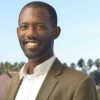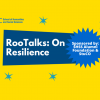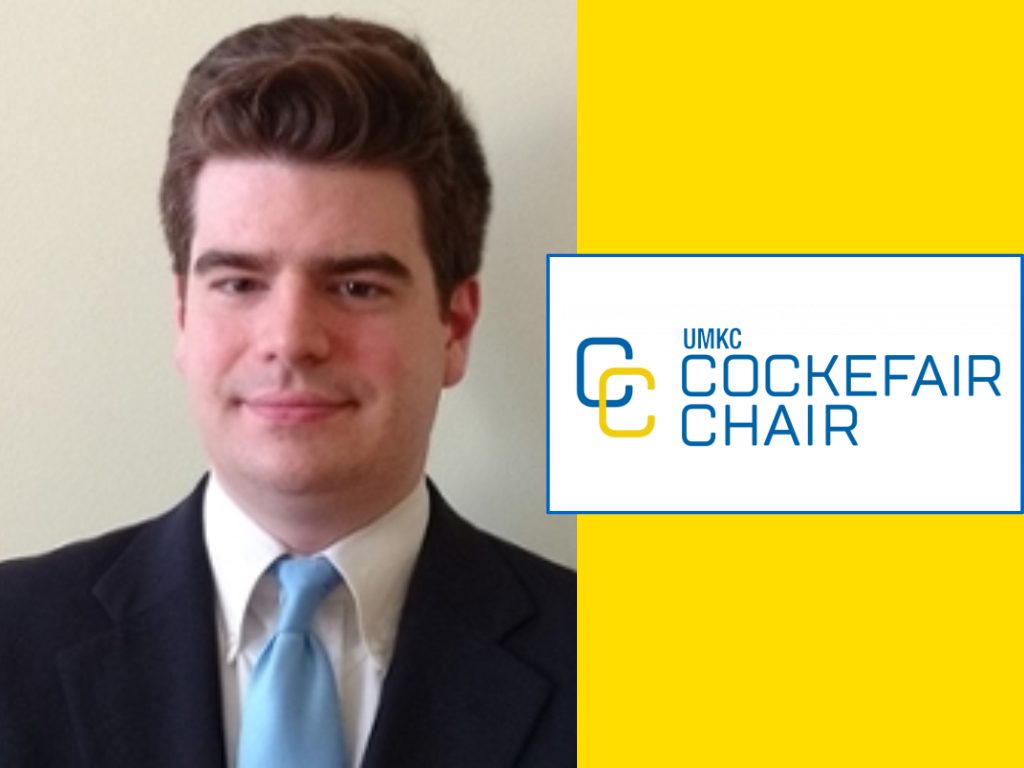The Workings of the Human Brain: Ways of Comprehending
Prof. Athanassios Fokas, University of Cambridge
4:30 p.m., Monday, September 11, 2023 The Nicholas and Theodora Matsakis Hellenic Culture Center 210 Lucas Hall, University of Missouri-St. Louis
To understand the world around us, we must first decipher how our brains work. In this presentation, Professor Fokas outlines a new approach to knowledge and understanding, based on the fact that unconscious processes and conscious experiences are connected into a continuum. Using an interdisciplinary approach combining neuroscience, medicine, mathematics, and physics, the speaker examines the interconnectedness of different disciplines and reconstructs the processes by which our thoughts, feelings and actions come to exist.
Prof. Athanassios Fokas has a BSc in Aeronautics from Imperial College (1975), a PhD in Applied Mathematics from the California Institute of Technology (1979), and an MD from the University of Miami (1986). Since 2002 he has been the Chair in Nonlinear Mathematical Science at the University of Cambridge. He is also the Director of the ‘Mathematical Legacy Programme’ at the University of Cambridge and the Director of the Institute of Mathematics of the Academy of Athens. In 2000, on the occasion of the millennium, he was awarded the Naylor Prize, which is the most prestigious prize in Applied Mathematics and Theoretical Physics in the UK (the last recipient before Fokas was Stephen Hawking). He is a full member of the Academy of Athens, of the European Academy of Sciences, a Fellow at Clare Hall, Cambridge, a member of the Academy of Sciences and Arts, and a Fellow of the American Institute for Medical and Biological Engineering. He was appointed Ambassador of Hellenism in 2010 and an Onassis Senior Visiting Scholar at the University of Harvard in 2012. He has been awarded honorary degrees from eight universities and has been decorated with the Commander of the Order of Phoenix by the President of the Hellenic Republic. He is the author or co-author of five monographs and nearly 400 papers, as well as the co-editor of eight books. He has been included in the list of the most highly cited researchers in the ISI Web of sciences(more that 22,000 citations and an h-index of 75). He has published in different areas of science, ranging from classical areas of mathematics such as the introduction of a new, powerful approach to the celebrated Lindelöf's hypothesis, to applied areas such as models of chronic myelogenous leukaemia, protein folding, and mathematical models for Covid-19, to areas in the general theory of relativity. He has introduced the transformative 'Fokas method' for solving partial differential equations and has played a pivotal role in the solution of several mathematical problems arising in medical imaging.
This event is co-sponsored by the Department of History, the Department of Physics, and the Center for Neuroscience, University of Missouri-St. Louis.







